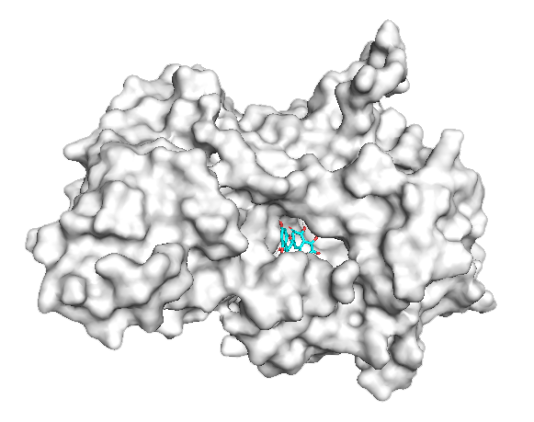
Discovering how black tea protects against arsenic-caused cancer
Pawsey Supercomputing Research Centre, The University of Western Australia and an Indian team of researchers collaborated to model how black tea may reduce the harmful effects of epigenetic modulations from inorganic arsenic, one of the world’s most common and deadly groundwater contaminants.
Over 140 million people in 50 countries are exposed through drinking water to inorganic arsenic levels above the World Health Organisation recommended limits – a pollutant that damages DNA by creating reactive oxidative species in the cell.
Professor Amitava Datta, a researcher at The University of Western Australia’s Department of Computer Science and Software Engineering, worked with researchers from Chittaranjan National Cancer Institute and Calcutta University to understand how black tea extract is working to reduce the harmful epigenetic effects that inorganic arsenic has on living cells. Studies on mice administered arsenic and black tea extract had shown reduced instances of cancer, thought to be due to chemicals in the black tea extract interfering with proteins involved in epigenetic modulations — in particular a protein called JARID1B. Using Pawsey’s Magnus supercomputer the group considered the three-dimensional structure of each black tea molecule and the three-dimensional structure of JARID1B to identify which tea molecules might be able to ‘dock’ with the harmful protein.
The supercomputer was able to simulate how the docking process could work within the body, showing a high degree of stability in the joining of molecules, helping to explain how the tea works to reduce the risk of cancer.
